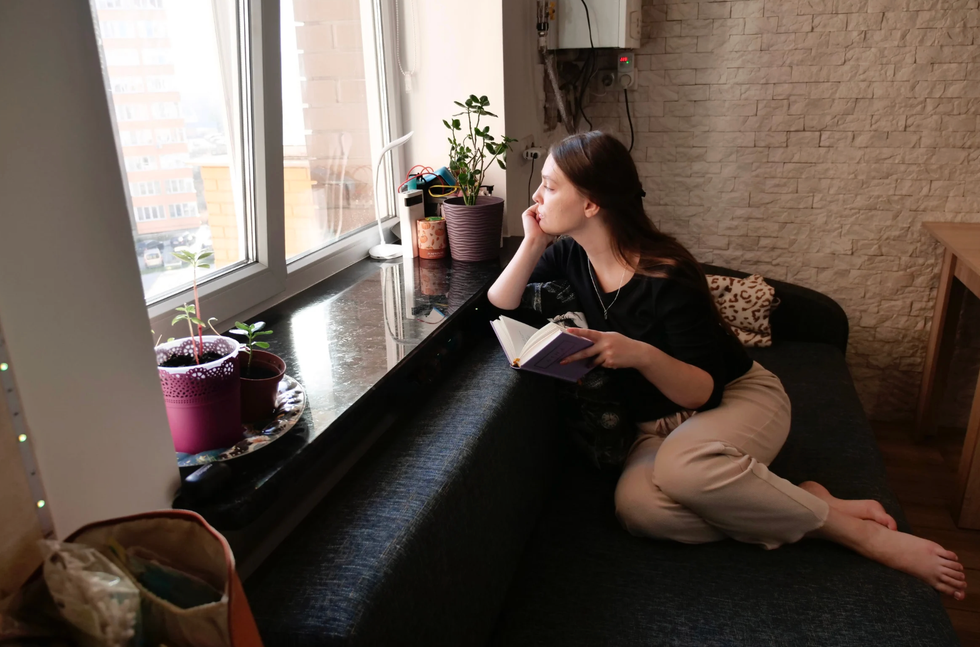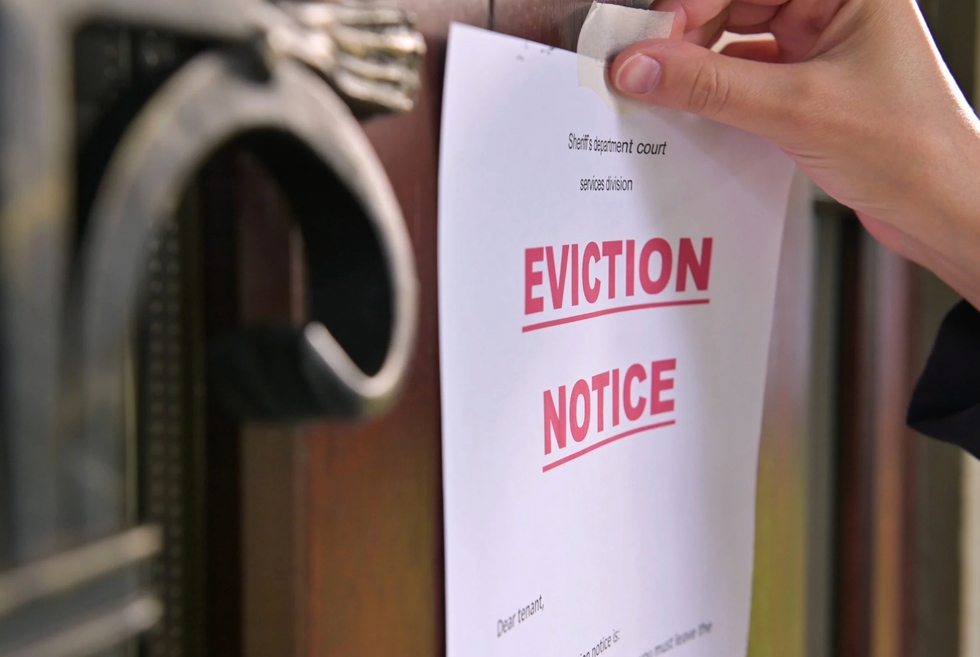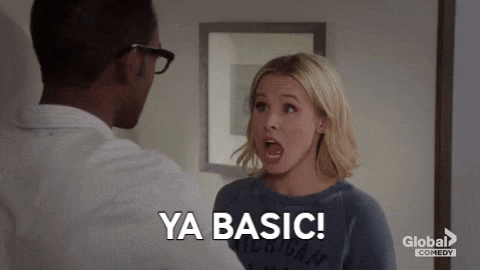Whether a school serves up squishy tater tots and questionably tinted hamburgers—or healthy vegetables and fresh fruit—some kids are going to call the food “gross” and chuck it in the garbage. But for students whose parents struggle to make ends meet, that lunch might be the only full meal of the day. To make matters worse, some schools require students who don’t have enough money to mop floors in exchange for a meal, or they bill their parents for the food. Want to move on to the next grade or receive your high school diploma without paying off that lunch debt? Good luck with that, kids.
Some lawmakers are fighting back against “lunch shaming,” and now Good Samaritans across the United States have had enough of districts holding lunch debt over the heads of students and their families. Kindhearted people are taking their personal savings—or raising thousands of dollars online—to pay off the lunch debts of students they’ve never even met.
In Everett, Washington, a city of 106,000 about 25 miles north of Seattle, retired couple Tom and Christy Lee have become local heroes. Last week, the Lees paid a $5,495 lunch debt owed by 262 kids at 10 elementary schools in the Marysville School District.
“We buy goats for the ladies in Africa,” Tom Lee told local newspaper The Herald—and they wanted to give back more locally, too. The Lees planned to help out kids at the elementary school their son had attended in the 1990s, but quickly decided to pay off the lunch debts across the entire district. “In my 32 years in public education, it’s the first time I’ve seen something of this magnitude,” Superintendent Becky Berg told the paper.
How do kids end up with lunch debt in the first place? Around 21 million public school students are eligible for free or reduced-price lunch, according to the U.S. Department of Agriculture. But if a parent doesn’t turn in the free lunch application—or if a family’s income is just above the qualifying amount (185 percent of the federal poverty line)—students are required to pay. When they don’t have the money, they start to rack up debt.
[quote position="left" is_quote="true"]No kid should go hungry because they don't have any money.[/quote]
Seattle parent Jeffery Lew got so fed up with lunch shaming of students that he decided to pay off the lunch debt—$97.10— of every student at his 8-year-old’s school. He figured other parents might want to help, so last week he launched a crowdfunding campaign. “As a parent and graduate of the Seattle Public Schools, I am trying to help ease the burden of these families and make sure these children get to eat a nutritious meal each day at school,” Lew wrote on his GoFundMe page.
Like Tom and Christy Lee, Lew’s goal quickly morphed from paying off the student lunch debt at one school to tackling the debt of every kid in the district. Lew contacted Seattle Public Schools and found out that students in 99 schools owed $20,531.79. Thanks to the support of the public, Lew’s campaign surpassed the goal in less than a week. With nearly $25,000 raised so far this week, Lew is expanding the campaign to two other school districts (Renton and Tacoma) in Washington state.
“No kid should go hungry because they don't have any money. They should eat the same food their classmates are eating and not get shamed for that,” Lew told CBS News on Tuesday.
Thousands of miles away in Walker County, Georgia, a small town just south of the Tennesee border, Dollie Martin, the mom of a kindergartener at Chattanooga Valley Elementary, has held a garage sale and is raising funds online to pay students’ lunch debt. She’s about $1,000 short of raising enough to pay the $5,500 lunch debt of every kid in the district by the last day of school, May 19.
Martin became aware of the issue after the school sent home a letter explaining that students who didn’t pay would not receive their report cards or be placed in a classroom for the 2017-2018 school year. “The consequences that were listed in the letter, I was furious,” Martin told local ABC affiliate WTVC last week. “It's segregating children away in a socioeconomic type of environment,” she said.
The generosity of the Lees, Lew, Martin, and of everyone else donating to these crowdfunding efforts is to be admired. But it sure seems like kids in America shouldn’t have to count on the kindness of strangers in order to escape the burden of lunch debt.

















 Tow truck towing a car in its bedCanva
Tow truck towing a car in its bedCanva  Sad woman looks at her phoneCanva
Sad woman looks at her phoneCanva  A group of young people at a house partyCanva
A group of young people at a house partyCanva  Fed-up woman gif
Fed-up woman gif Police show up at a house party
Police show up at a house party 
 A trendy restaurant in the middle of the dayCanva
A trendy restaurant in the middle of the dayCanva A reserved table at a restaurantCanva
A reserved table at a restaurantCanva Gif of Tim Robinson asking "What?' via
Gif of Tim Robinson asking "What?' via 

 An octopus floating in the oceanCanva
An octopus floating in the oceanCanva


 A woman relaxes with a book at homeCanva
A woman relaxes with a book at homeCanva An eviction notice is being attached to a doorCanva
An eviction notice is being attached to a doorCanva Gif of Kristen Bell saying 'Ya basic!' via
Gif of Kristen Bell saying 'Ya basic!' via